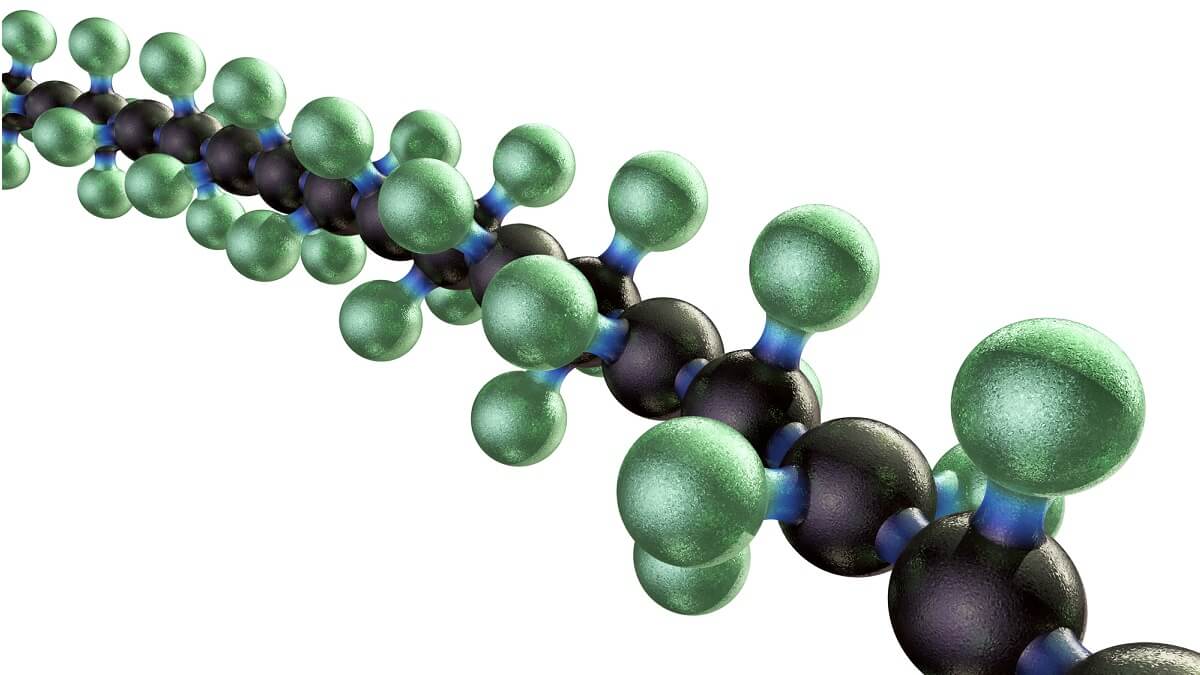Polymers in Healthcare: Improving Clinical Instruments and Treatments
Polymers in Healthcare: Improving Clinical Instruments and Treatments
Blog Article
Discovering the Varied Applications and Advantages of Polymers in Different Industries
Polymers, with their diverse series of properties and functionalities, have actually come to be indispensable in different markets, each reaping special gain from their application. Polymers. From improving security and performance in the automobile industry to reinventing clinical gadgets in the health care market, polymers play a critical role. Their green nature is changing the landscape of sustainability methods. As we delve into the midsts of polymers in electronics, we reveal advanced technologies, while their architectural stability changes the world of building and construction and facilities. The prevalent impact of polymers across markets is a testimony to their versatility and adaptability, shaping the future of countless industries.
Automotive Sector Applications
Polymers play a crucial duty in improving the performance and longevity of various parts within the automobile market. One noticeable usage of polymers in the automobile market is in the manufacturing of light-weight components.

Healthcare Industry Advantages
In various health care applications, the advantages of making use of polymers are widely recognized for their diverse variety of helpful residential or commercial properties. Polymers play an essential function in the health care market because of their adaptability, biocompatibility, and cost-effectiveness. Among the main advantages of polymers in healthcare is their ability to be tailored to specific requirements, such as flexibility, toughness, and biodegradability, making them excellent for a vast array of medical applications.
Polymer-based materials are thoroughly made use of in clinical gadgets, such as catheters, implants, prosthetics, and medicine delivery systems, as a result of their biocompatibility and capacity to simulate natural tissues. These products can lower the threat of allergies or beings rejected, improving patient safety and end results. In addition, polymers are light-weight, making them appropriate for wearable medical tools and making sure client comfort.
Furthermore, polymers make it possible for the development of cutting-edge treatment approaches, such as hydrogels for tissue design and nanocomposites for targeted drug shipment. Their ease of processing and sanitation makes them vital for keeping high standards of hygiene in medical care settings. Generally, the diverse advantages of polymers add considerably to developments in clinical technology and client treatment.
Environmental Benefits of Polymers

Moreover, polymers can add to energy savings because of their lightweight nature. In markets such as transport, light-weight polymer products can aid lower fuel consumption and greenhouse gas emissions. Additionally, polymers can allow the advancement of energy-efficient products such as insulation products that enhance energy conservation in buildings.
Furthermore, polymers play a critical duty in reducing water pollution. The use of polymer-based filtration systems can properly get rid of contaminants and view website pollutants from wastewater, protecting water resources and communities. In general, the environmental advantages of polymers make them useful possessions in promoting sustainability and environmentally friendly practices throughout numerous markets.
Polymers in Electronics and Modern Technology
Thinking about the enhancing demand for ingenious and lasting options in contemporary industries, the assimilation of sophisticated polymer technologies in the realm of electronics and modern technology has actually emerged as a crucial method for driving efficiency and efficiency. Polymers have actually transformed the electronic devices market by enabling the manufacturing of lighter, more adaptable, and resilient digital gadgets. From smartphones to clinical devices, polymers play a critical function in boosting product design and capability.
One considerable benefit of polymers in electronics is their shielding residential properties, which help secure fragile electronic components from ecological elements and electrical disturbance. Additionally, polymers are essential in the growth of flexible display screens, wearable innovation, and published electronic devices, providing limitless opportunities for creating wise and interconnected tools.
Additionally, the use of polymers in digital product packaging has resulted in innovations in miniaturization and thermal management, improving the general performance and dependability of digital systems. As modern technology continues to develop, the adaptability and flexibility of polymers will certainly drive additionally innovation in the electronics industry, shaping the future of innovation.
Function of Polymers in Building and Facilities
The assimilation of advanced polymer materials in construction and infrastructure projects has transformed the way structures are developed and integrated in contemporary times. Polymers provide various advantages in the building industry because of their adaptability, longevity, and cost-effectiveness. One vital duty of polymers in building and construction is their use in finishings and sealants, giving protection against ecological variables such as wetness, UV radiation, and rust. Additionally, polymers are utilized in the production of lightweight and high-strength composite products, improving the structural find here integrity of structures while minimizing general weight.
In addition, polymers play a critical role in sustainable building practices by allowing the growth of energy-efficient structures. Insulating materials made from polymers assist manage interior temperature levels, lowering the requirement for heating and cooling down systems and inevitably decreasing power consumption - Polymers.
Conclusion
To conclude, polymers play a critical role in various industries such as automobile, health care, environmental, electronic devices, and construction. Their flexible properties make them important in creating innovative services and products. From improving gas effectiveness in vehicles to enhancing medical devices, polymers offer numerous benefits. go to this web-site Furthermore, their influence on lowering waste and advertising sustainability highlights their value in contemporary applications. The extensive use polymers demonstrates their significant contribution to progressing modern technology and boosting high quality of life.
Report this page